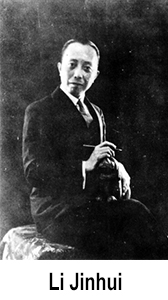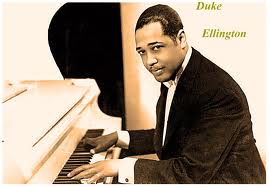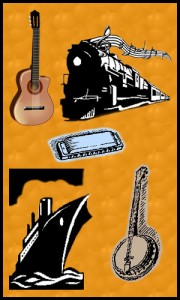Transportation technologies—such as the steamship, the train, and the plane—not only provide people with ways of getting from place to place, they also have a strong influence on popular culture, as in music and film.
The Train (or locomotive)
For example, Phil Pacey, a British historian, has compiled an extensive list of music derived from the sounds of trains and the railways. On his web site he writes that
“Canadian composer Murray Schafer in his book The Tuning of the World (1980) notes that a colleague, Howard Broomfield, ‘believes that railroads had an important influence on the development of jazz. Blue notes can be heard in the wail of the old steam whistles. . . Also the similarity between the clickety-clack of wheels over track ends and the drumbeats. . .of jazz and rock music is too obvious to go unnoticed, at least in the clever tape mixes Broomfield has made to prove the point’.
“[British blues historian] Max Haymes has no doubt that the sounds of railways can be heard in the piano or guitar accompanying many early blues, and that barrelhouse piano in particular ‘imitated the sound or ‘click’ of the earlier railroads as well as capturing the sudden contrasting sounds that a train made when traveling over a trestle bridge, going through a tunnel, passing a busy marshaling yard full of freight cars, or rolling over a myriad of crossovers and switches’ The relentless rhythms of bluegrass seem to echo the sound of the train even where no such echo is intended; Charles Wolfe has argued that bluegrass, in its very nature, ‘resembles the unique sound of the train: the clattering of the drivers echoed by the rolling banjo; the straight, true, hard steel rails resembling the empowering drive of the rhythm guitar; and the wail of the whistle calling up the long, edgy strokes of the low bow fiddle’ (booklet accompanying Bluegrass Express album). The presence of railways in jazz, rock, folk and popular idioms is noteworthy indeed, and is only partially accounted for by the sounds of railways; apart from the sounds they make, railways have impacted on human lives in countless ways which have been given expression in innumerable texts and songs, and on stage and screen.”
Two jazz pieces from 1928 and 1933—one Chinese, the other American, respectively—are exemplary of the train’s presence as an international reference point. The first is “Express Train.” I came by this recording courtesy of Andrew F. Jones, a professor in the department of East Asian languages and cultures at the University of California at Berkeley, and the author of Yellow Music, a definitive book on media, culture, and colonial modernity in the so-called Chinese Jazz Age. Jones writes that he discovered the track in 2001, on a “dusty  gramophone record in a Beijing antique stall.”
gramophone record in a Beijing antique stall.”
“Express Train,” written in 1928 by Li Jinhui, a pioneering composer who is often called the father of Chinese popular music, the tune is performed on the recording by Zhou Xuan, the most famous chanteuse of the era. In the song, the train symbolizes rapid social change and satirizes the breathless pace of modern courtship by way of the story of a couple who are engaged, marry, and have two children—all within five minutes of having first met. Li Jinhui’s music—influenced by his relationship with trumpeter Buck Clayton who performed in Shanghai in the early 1930s—was immensely popular. Unfortunately, he was persecuted and died during China’s Cultural Revolution instigated by Chairman Mao.
 Strikingly similar to Li’s “Express Train” is Duke Ellington’s “Daybreak Express,” which has a 1933 copyright date. Ellington never traveled to China; Li, never to the United States. Yet both cuts reflect the accelerated pace of life that got started back in 1844,when the commercial introduction of the telegraph inaugurated the era in which information could move around the planet at the speed of light. As Professor Jones puts it, “both composers were participating in a globalized musical idiom for which the speed of modern transport (trains and ocean-going vessels) and modern communications (gramophones, radio, and cinema) were a fundamental condition of possibility.”
Strikingly similar to Li’s “Express Train” is Duke Ellington’s “Daybreak Express,” which has a 1933 copyright date. Ellington never traveled to China; Li, never to the United States. Yet both cuts reflect the accelerated pace of life that got started back in 1844,when the commercial introduction of the telegraph inaugurated the era in which information could move around the planet at the speed of light. As Professor Jones puts it, “both composers were participating in a globalized musical idiom for which the speed of modern transport (trains and ocean-going vessels) and modern communications (gramophones, radio, and cinema) were a fundamental condition of possibility.”
Please write to me at meiienterprises@aol.com if you have any comments on this or any other of my blogs.
Eugene Marlow, Ph.D.
January 27, 2014
© Eugene Marlow 2014


